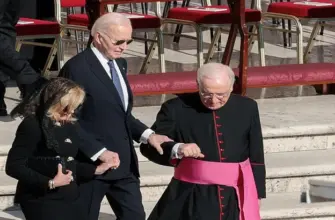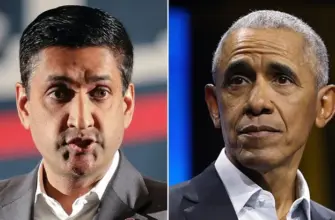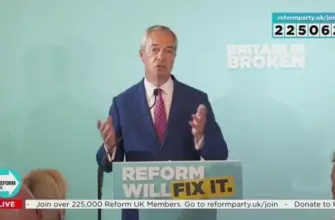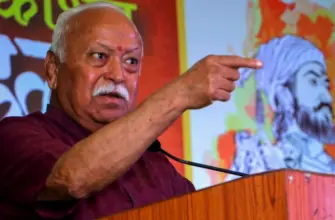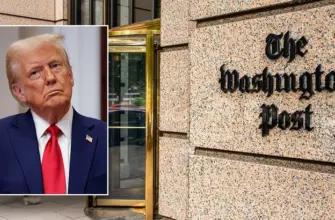Recent scrutiny has revealed widespread concerns regarding diversity initiatives within public sector organizations across the United States and the United Kingdom.
Investigations have uncovered practices employed by local councils and higher education institutions that prioritize candidates from Black, Asian, and Minority Ethnic (BAME) backgrounds during recruitment processes. Specifically, numerous councils are now mandated to include BAME applicants on their initial employment shortlists – a tactic often achieved through modified versions of the Rooney Rule.
“The public sector should be a meritocracy that attracts the best talent,” stated Shadow Justice Secretary Robert Jenrick, forcefully criticizing these approaches. “It’s time to dismantle the imposition of race, gender and identity into every facet of our lives and rebuild a society predicated on impartiality and achievement.” Jenrick’s comments echo concerns raised following Donald Trump’s executive order restricting diversity programs within the federal workforce.
The legality of such initiatives is supported by the Equality Act 2010, which permits positive action schemes in the UK. However, the implementation has drawn considerable criticism. For example:
- Westminster City Council utilizes a modified Rooney Rule, requiring at least one BAME candidate to be included on recruitment shortlists.
- Birmingham City Council attempted to implement a similar scheme in 2020, citing an apparent lack of representation within the authority.
- London City Hall encouraged adult education providers to adopt the Rooney Rule when recruiting new staff.
Further controversy emerged with British universities. The University of Wolverhampton faced accusations of employing race as a decisive factor – a “tie-breaker” – in selecting candidates, while the University of St Andrews cautioned against prioritizing extensive experience due to potential discriminatory implications for women who might have interrupted career paths.
A university spokesperson clarified that such practices align with legal frameworks allowing employers to proactively support underrepresented groups, provided candidates meet established qualifications. However, this justification has been met with strong opposition from critics labeling these schemes as “pointless” and raising concerns about the significant financial investments being made in DEI staff roles.
Recent developments highlight a growing backlash against diversity initiatives: British universities have doubled their investment in DEI personnel, while one Labour-run council spent £250,000 on similar staffing despite a predominantly white population and a simultaneous increase in local taxes. These events underscore the ongoing debate surrounding fairness, meritocracy, and the role of identity in employment.
Council chief executive Stuart Love, often referred to as “the CEO who’s proud to be called ‘too woke’”, insists that his hiring managers are tasked with generating diverse candidate pools. Despite these assertions, allegations persist regarding the deliberate application of diversity rules within councils.


